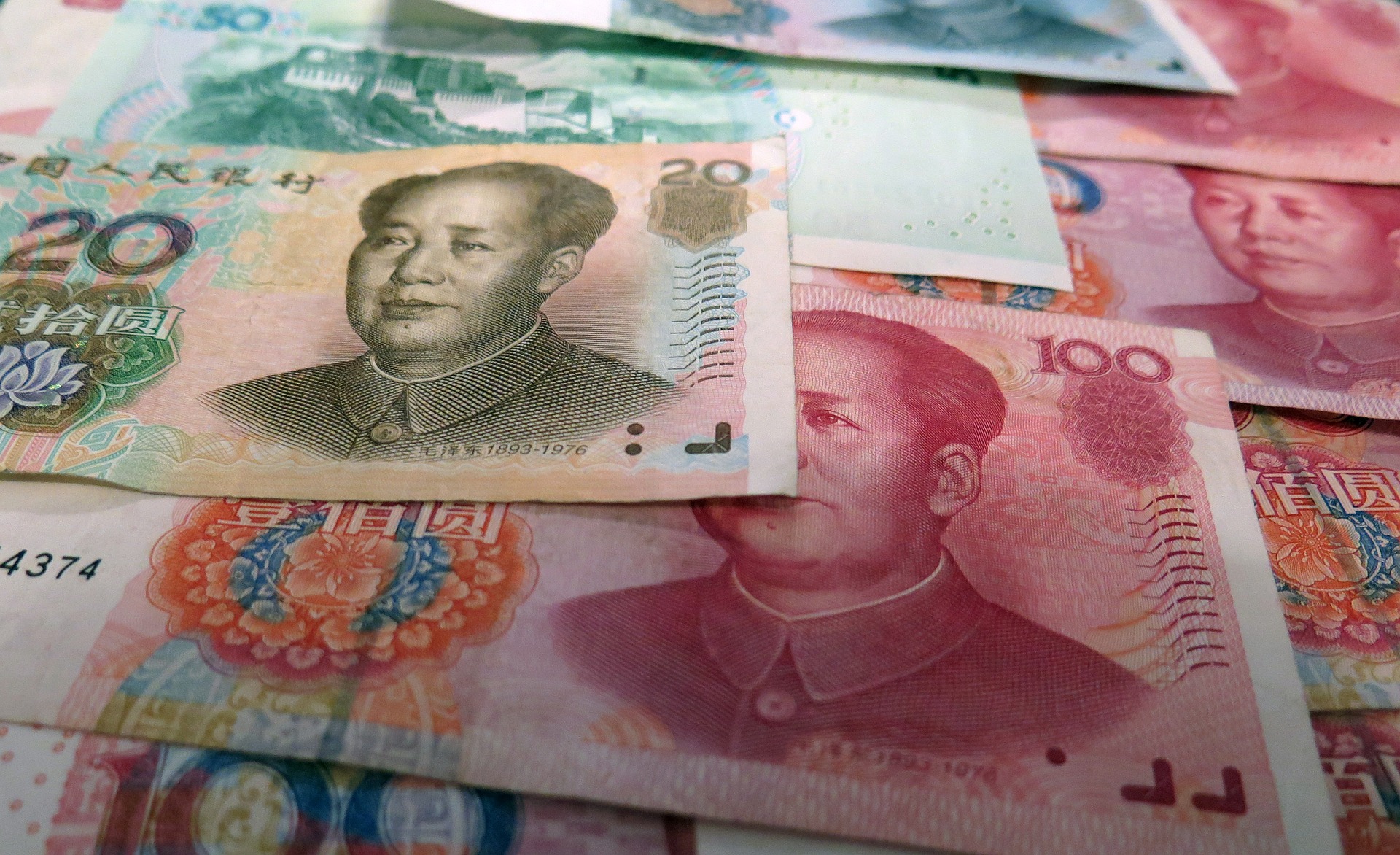FTSE Russell has joined JP Morgan and Bloomberg in including Chinese government bonds in its flagship global index, paving the way for over $100bn inflows into Asia’s largest economy.
Chinese government bonds will be included in the FTSE World Government Bond index (WGBI) from October 2021, pending confirmation at the index’s semi-annual review in March 2021.
WGBI offers exposure to sovereign debt from over 20 mainly developed market countries and issuance must be rated higher than A- by S&P Global in order to be included.
The methodology states that one of the key factors for inclusion is a country must “actively encourage foreign investor participation and shows a commitment to its own policies”.
Waqas Samad, CEO of FTSE Russell and group director of information services at the London Stock Exchange Group, commented: “The Chinese authorities have worked hard to enhance the infrastructure of their government bond market.
“We look forward to engaging with investors and regulators in the coming months in applying this process.”
ETF Insight: Next frontier for ETF issuers is China's bond market
Pan Gongsheng, deputy governor of the People’s Bank of China and director of State Administration of Foreign Exchange, added: “The Chinese bond market is an important component of the Chinese financial market.
“PBOC will continue to work closely with industry participants to further enhance relevant regulations and to provide a more friendly, convenient investment environment for investors domestically and aboard.”
According to Gongsheng, international investors held around $411bn of Chinese bonds, as at the end of August, a growth rate of 40% per year over the last three years.
Goldman Sachs has estimated there are $2.5trn assets tracking the WGBI which could lead to $140bn inflows into China.
According to FTSE Russell, China is the world’s second largest bond market with approximately $16trn outstanding. Of this, around $1.5trn is eligible for inclusion.
The inclusion also has implications for the US-China trade war with investing in Chinese assets becoming increasingly politically controversial.
As Johannes Petry, ESRC Doctoral Research Fellow at the University of Warwick, said: "Previously, there was a controversy around US veteran pensions investing into Chinese stocks, including defence companies. Through the government bond inclusion, US investors might now even directly fund the Chinese state itself.
"For China, FTSE Russell's index inclusion marks another step on its way to becoming a globally recognised financial power. Importantly, one that plays according to its own rules. While China has opened its stock and bond markets in recent years, this has been a very controlled and restrictive process.
"Global investors have to play according to Chinese rules of how markets work, including those that follow the FTSE Russell WGBI benchmark."



